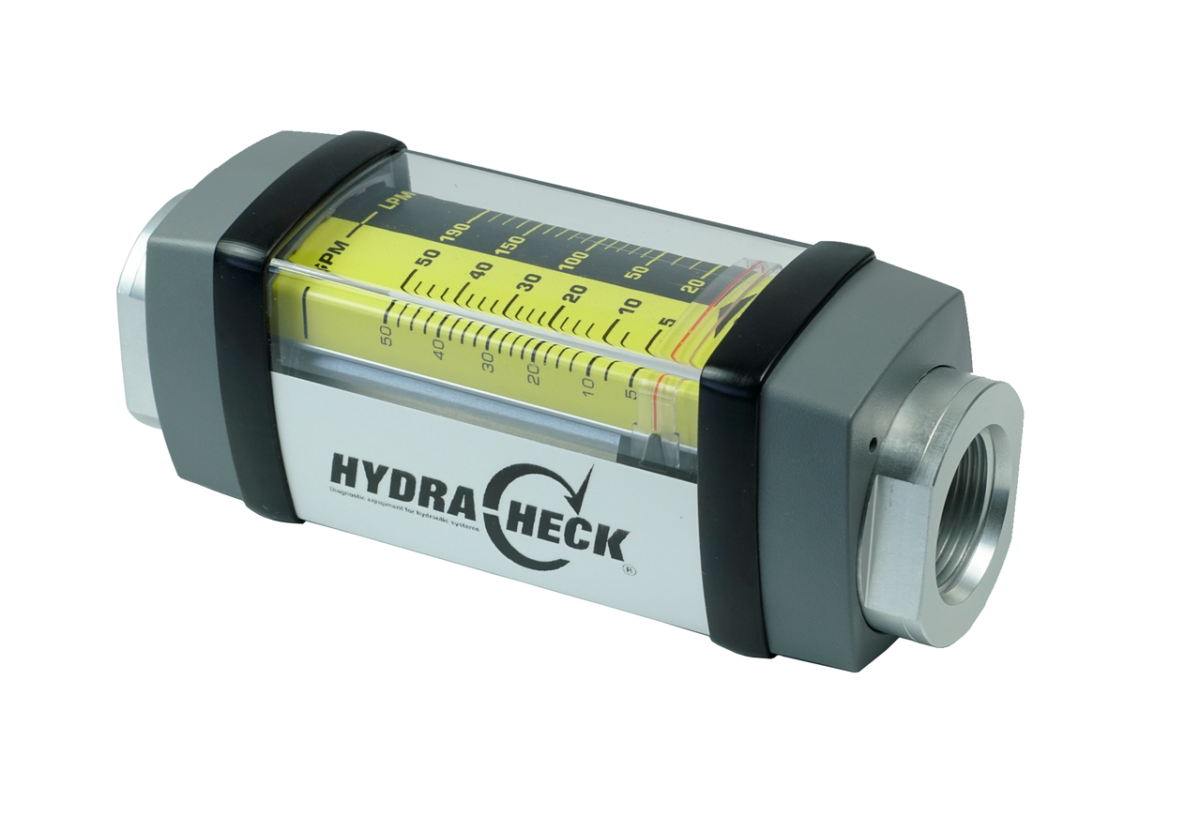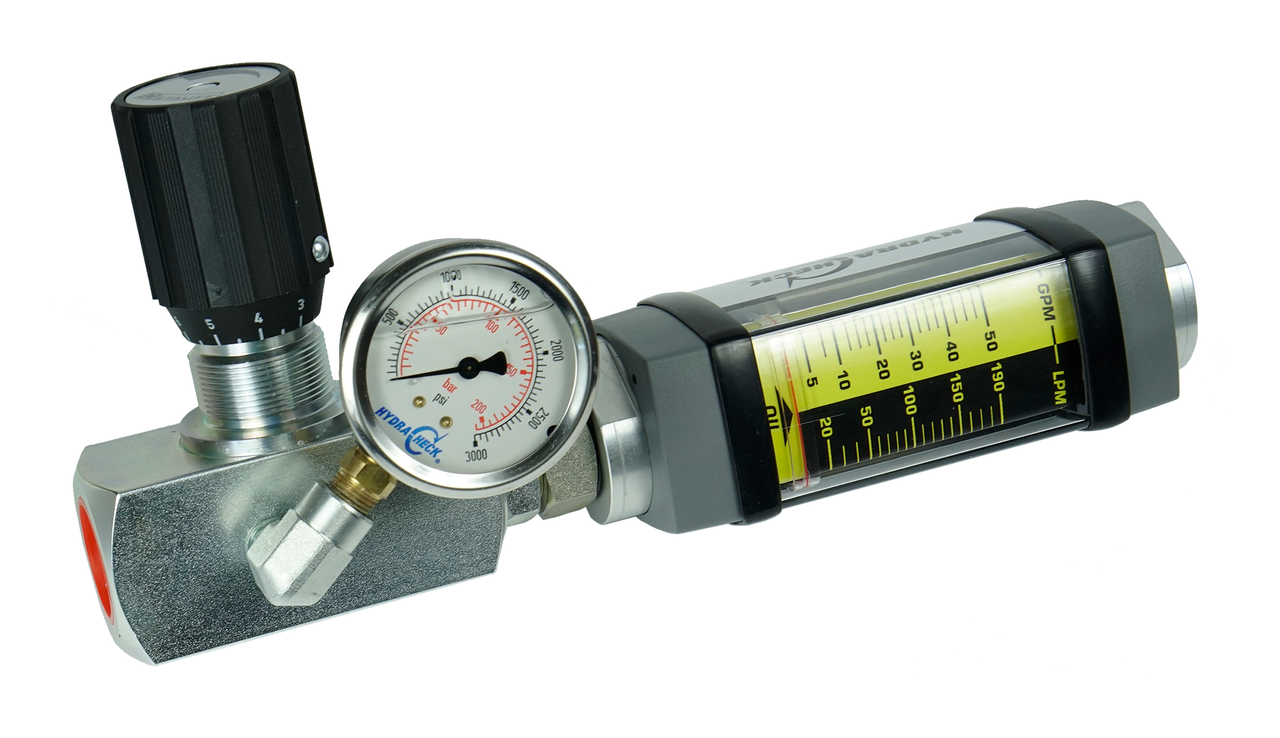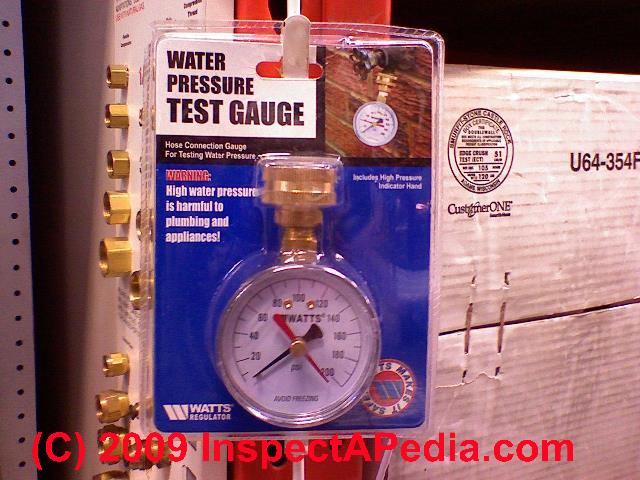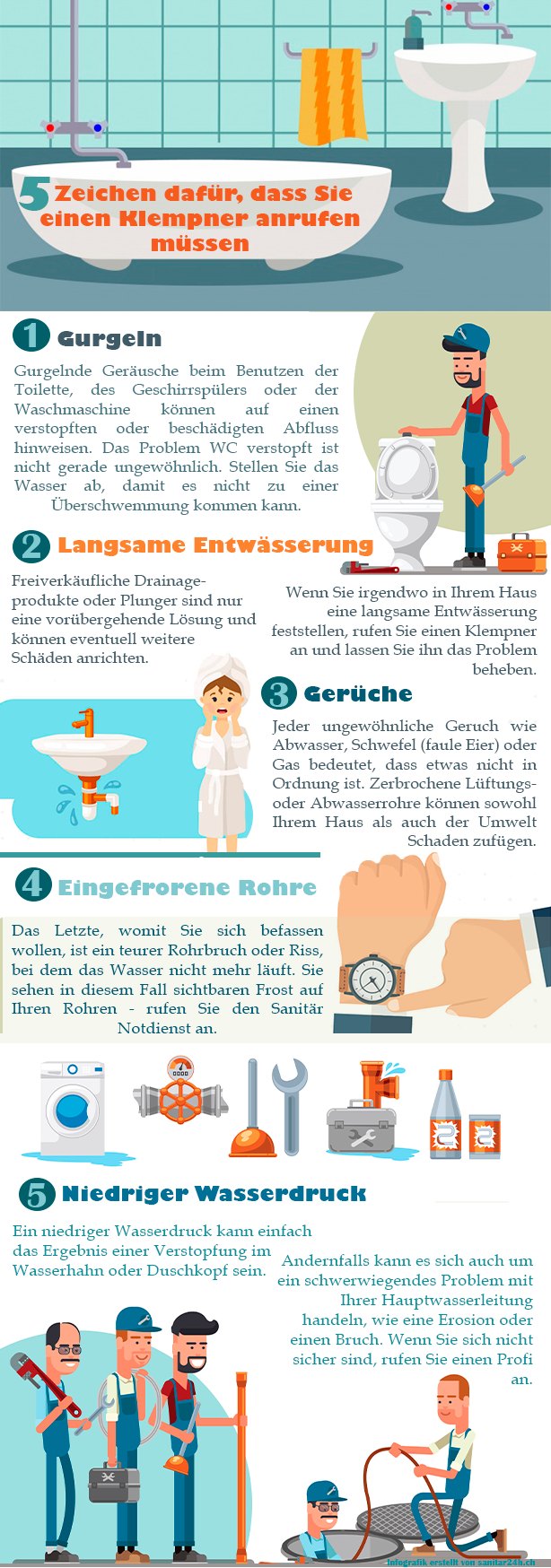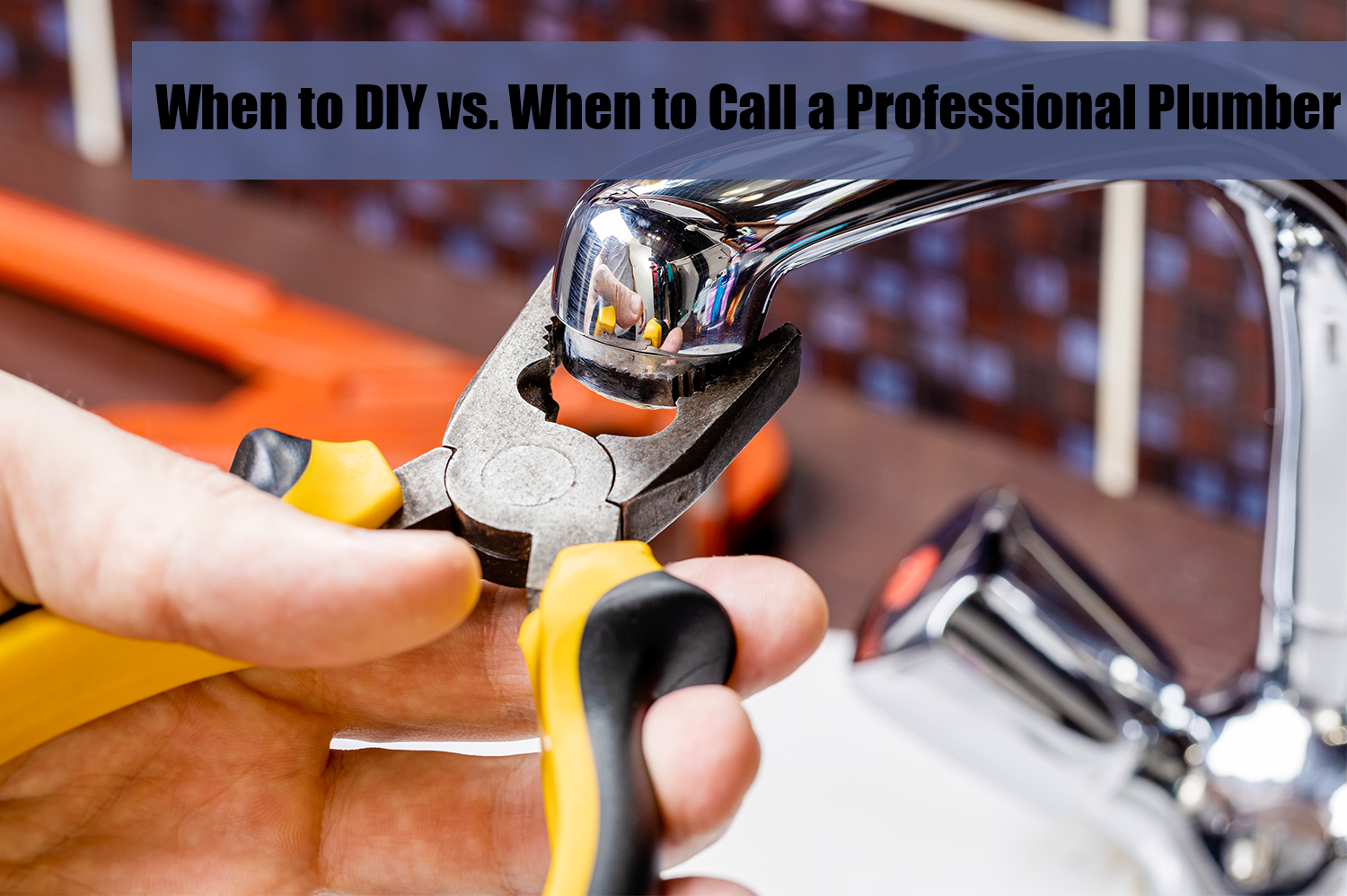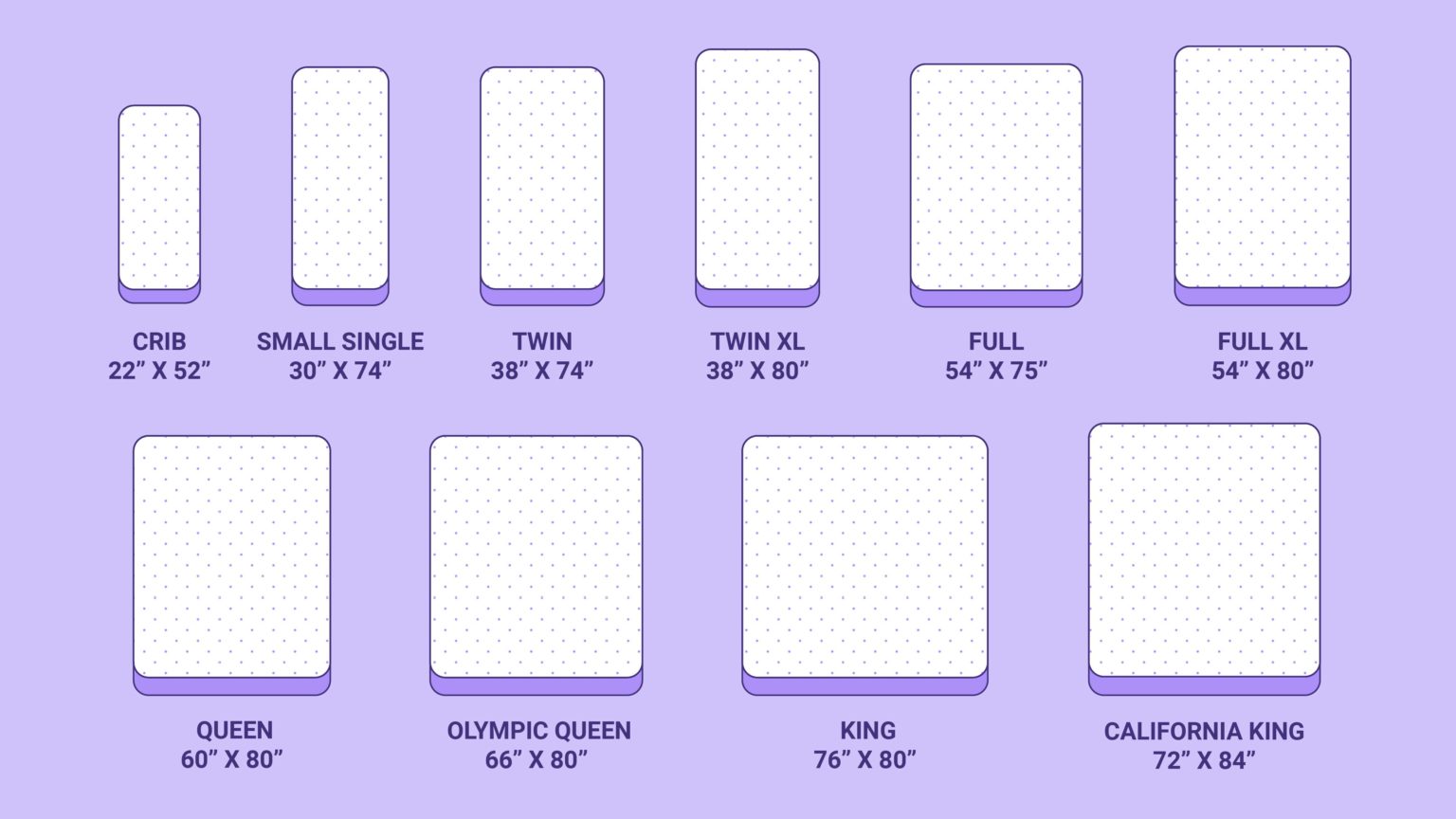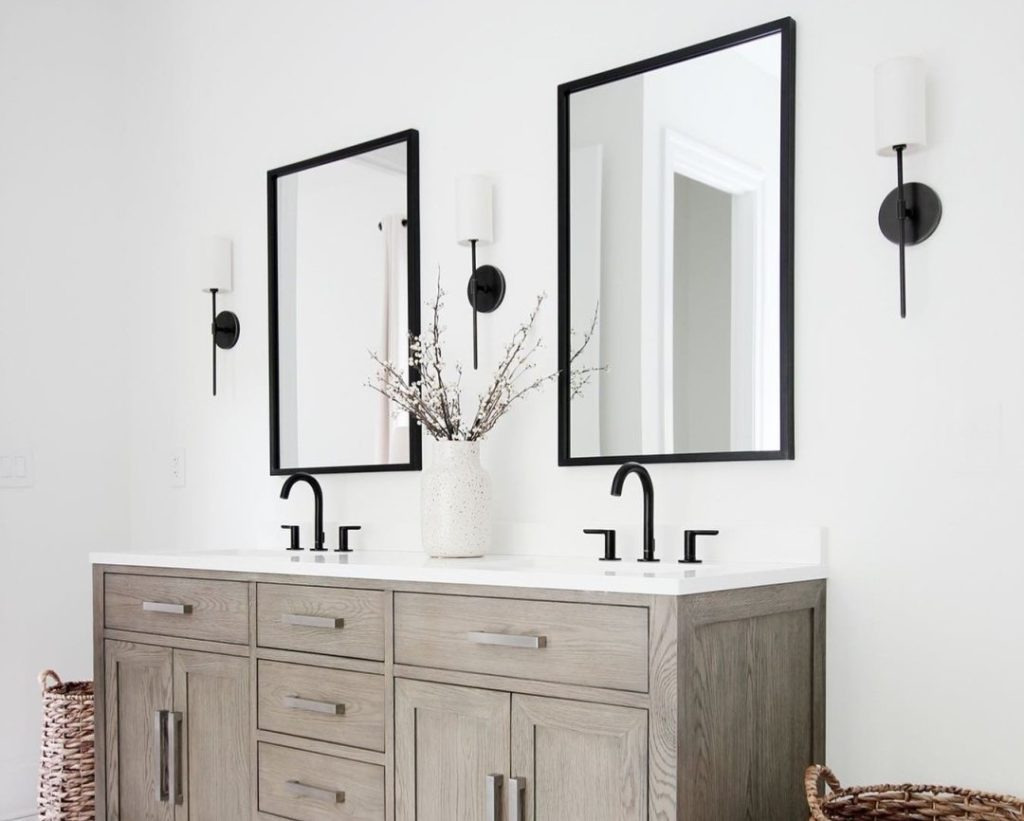If you've noticed a decrease in water pressure from your kitchen sink, the first thing to check is the aerator. This small device is located at the end of the faucet and is responsible for mixing air with the water to create a steady stream. Over time, the aerator can become clogged with mineral deposits and debris, causing low water pressure. To fix this issue, simply unscrew the aerator and clean it with a mixture of equal parts white vinegar and water. This will remove any buildup and restore the flow of water.Check the aerator
If the aerator is not the culprit, the next step is to check the water supply valve. This valve controls the flow of water to your kitchen sink and can sometimes become partially closed, resulting in low water pressure. Make sure the valve is fully open and check to see if there are any obstructions blocking the flow of water. If the valve is damaged or faulty, it may need to be replaced.Check the water supply valve
In some cases, the water pressure from your kitchen sink may be affected by a faulty water pressure regulator. This device is responsible for regulating the pressure of water coming into your home. If it is not functioning properly, it can result in low water pressure. You can test the water pressure by attaching a pressure gauge to an outdoor faucet. If the pressure is below 40-45 psi, then the regulator may need to be adjusted or replaced.Check the water pressure regulator
Clogs in the pipes can also cause low water pressure in your kitchen sink. Over time, debris, food particles, and other materials can build up and block the flow of water. You can try using a plunger to clear the clog or use a drain cleaner specifically designed for kitchen sinks. If the clog is severe, it may require the assistance of a professional plumber.Check for clogs in the pipes
Leaky pipes can also contribute to low water pressure in your kitchen sink. Even a small leak can significantly decrease the flow of water. Check the pipes under your sink for any signs of leaks, such as water stains or puddles. If you notice a leak, it's important to repair or replace the affected pipe to restore proper water pressure.Check for leaks in the pipes
If your kitchen sink is supplied with hot water, then the issue may be with your water heater. Sediment buildup in the tank can reduce the efficiency of your water heater, resulting in low water pressure. You can try flushing the tank to remove any sediment or consider replacing the water heater if it is old and outdated.Check the water heater
In addition to the water heater, sediment buildup can also occur in the pipes leading to your kitchen sink. This can happen over time, especially if you have hard water. The buildup can restrict the flow of water and cause low water pressure. You can try flushing the pipes with a mixture of hot water and vinegar to remove any sediment. If the buildup is severe, it may require the assistance of a professional plumber.Check for sediment buildup in the pipes
Another possible cause of low water pressure in your kitchen sink is air in the pipes. This can happen if there was recent work done on your plumbing system or if the water supply was shut off. To fix this issue, you can try turning on all the faucets in your home and allowing the water to run for a few minutes to release any trapped air.Check for air in the pipes
If you have a water pressure gauge installed in your home, you can use it to check the pressure of the water coming into your kitchen sink. If the pressure is below the recommended range of 40-45 psi, then you may have an issue with the water supply line. This will require the expertise of a professional plumber to diagnose and fix the problem.Check the water pressure gauge
If none of the above solutions seem to fix the issue of low water pressure from your kitchen sink, it may be time to call a professional plumber. They will have the tools and expertise to diagnose the root cause of the problem and provide a long-term solution. Don't hesitate to seek help if the water pressure issue persists.Call a plumber for professional assistance
Common Causes of Low Water Pressure in Kitchen Sinks
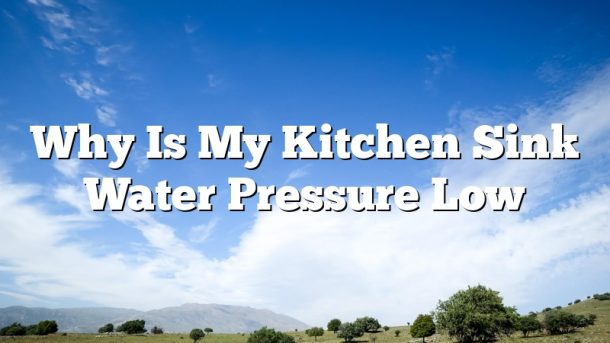
Possible Blockages
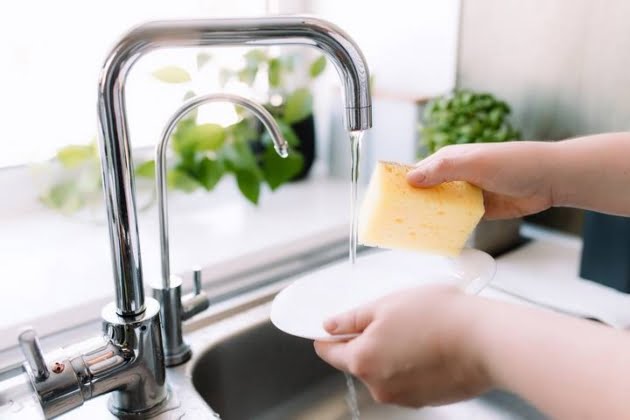 One of the most common reasons for low water pressure in kitchen sinks is a blockage in the pipes. Over time, debris, mineral deposits, and other substances can build up and clog the pipes, restricting the flow of water. This can be especially problematic in older homes with outdated plumbing systems. If you suspect a blockage, it's important to have a professional plumber
inspect and clear the pipes
to restore proper water pressure.
One of the most common reasons for low water pressure in kitchen sinks is a blockage in the pipes. Over time, debris, mineral deposits, and other substances can build up and clog the pipes, restricting the flow of water. This can be especially problematic in older homes with outdated plumbing systems. If you suspect a blockage, it's important to have a professional plumber
inspect and clear the pipes
to restore proper water pressure.
Malfunctioning Faucet
 Another culprit for low water pressure in kitchen sinks could be a malfunctioning faucet. If the faucet is old or has not been properly maintained, it may not be functioning at its full potential. In some cases, the
faucet aerator
may also be clogged, which can significantly reduce water pressure.
Replacing the faucet
or cleaning the aerator can help improve water pressure in your kitchen sink.
Another culprit for low water pressure in kitchen sinks could be a malfunctioning faucet. If the faucet is old or has not been properly maintained, it may not be functioning at its full potential. In some cases, the
faucet aerator
may also be clogged, which can significantly reduce water pressure.
Replacing the faucet
or cleaning the aerator can help improve water pressure in your kitchen sink.
Water Supply Issues
 In some cases, the root cause of low water pressure in kitchen sinks may be related to the water supply. Municipal water systems can experience problems such as leaks, breaks, or maintenance issues that can affect the water pressure in your home. If you suspect this may be the case, it's best to
contact your local water provider
to inquire about any known issues or schedule an inspection.
In some cases, the root cause of low water pressure in kitchen sinks may be related to the water supply. Municipal water systems can experience problems such as leaks, breaks, or maintenance issues that can affect the water pressure in your home. If you suspect this may be the case, it's best to
contact your local water provider
to inquire about any known issues or schedule an inspection.
Plumbing System Design
 The design of your plumbing system can also play a role in the water pressure in your kitchen sink. If the pipes are old or improperly sized, they may not be able to handle the volume of water needed to maintain adequate pressure. In this case, a
plumbing professional
can assess your system and make recommendations for improvements that can help increase the water pressure in your kitchen sink.
The design of your plumbing system can also play a role in the water pressure in your kitchen sink. If the pipes are old or improperly sized, they may not be able to handle the volume of water needed to maintain adequate pressure. In this case, a
plumbing professional
can assess your system and make recommendations for improvements that can help increase the water pressure in your kitchen sink.
Conclusion
 Low water pressure in kitchen sinks can be a frustrating issue, but it's not one that you have to live with. By addressing the possible causes, such as blockages, faucet malfunctions, water supply issues, and plumbing system design, you can restore proper water pressure in your kitchen sink and improve the overall functionality of your home. If you are unsure of the cause or need assistance, don't hesitate to
seek the help of a professional plumber
for a thorough evaluation and resolution.
Low water pressure in kitchen sinks can be a frustrating issue, but it's not one that you have to live with. By addressing the possible causes, such as blockages, faucet malfunctions, water supply issues, and plumbing system design, you can restore proper water pressure in your kitchen sink and improve the overall functionality of your home. If you are unsure of the cause or need assistance, don't hesitate to
seek the help of a professional plumber
for a thorough evaluation and resolution.


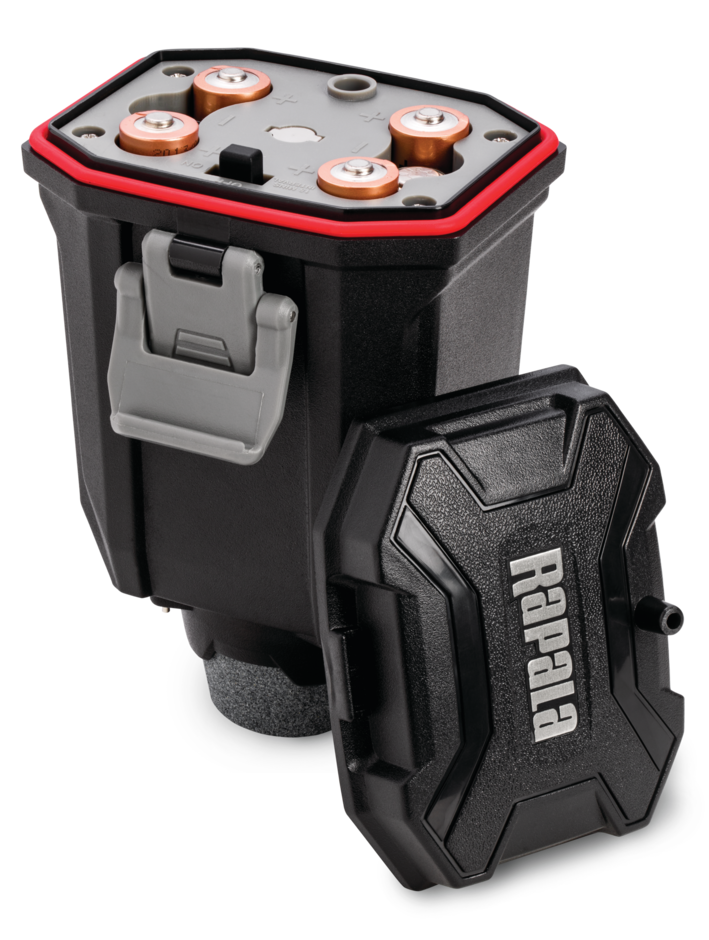
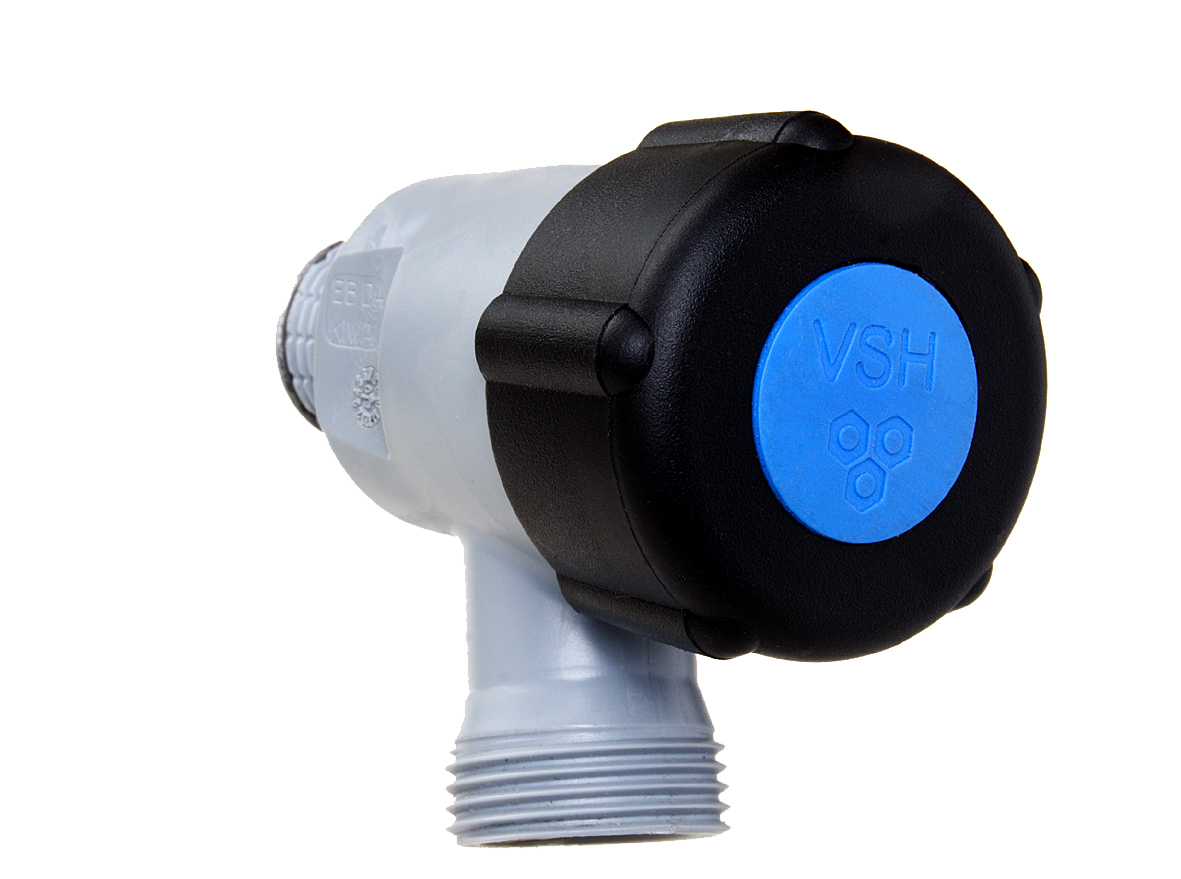






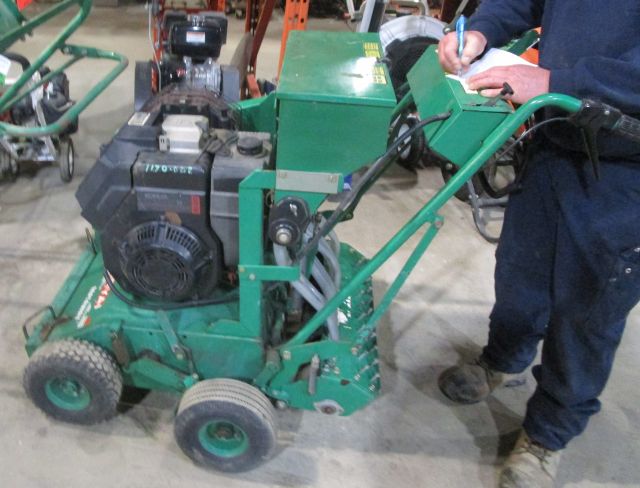
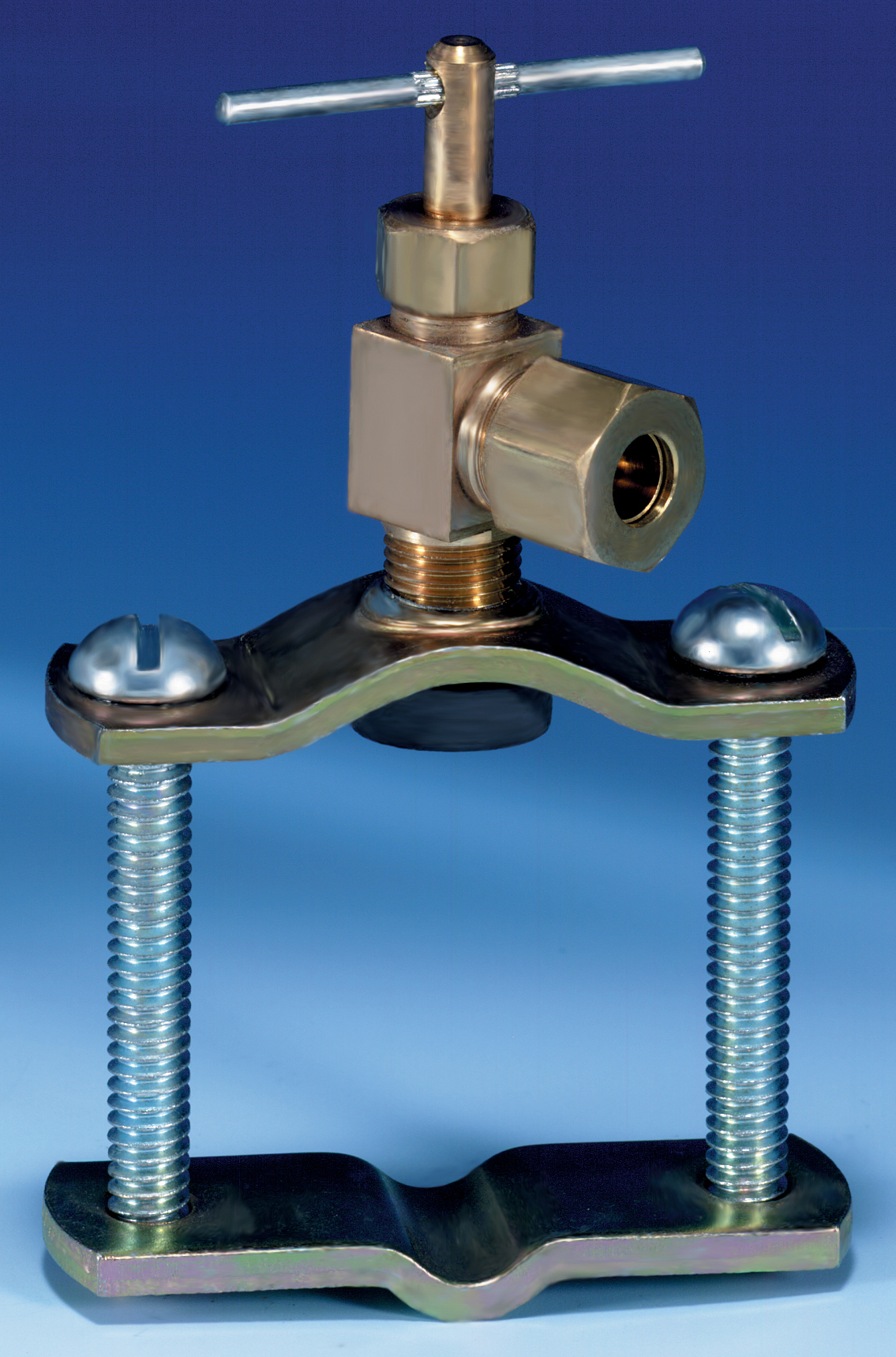






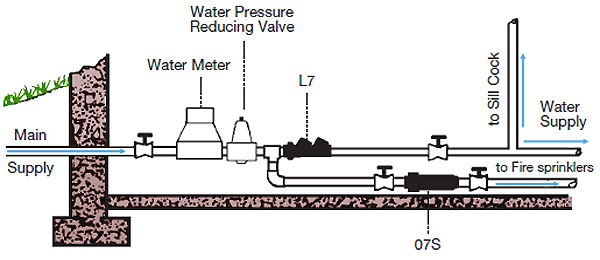
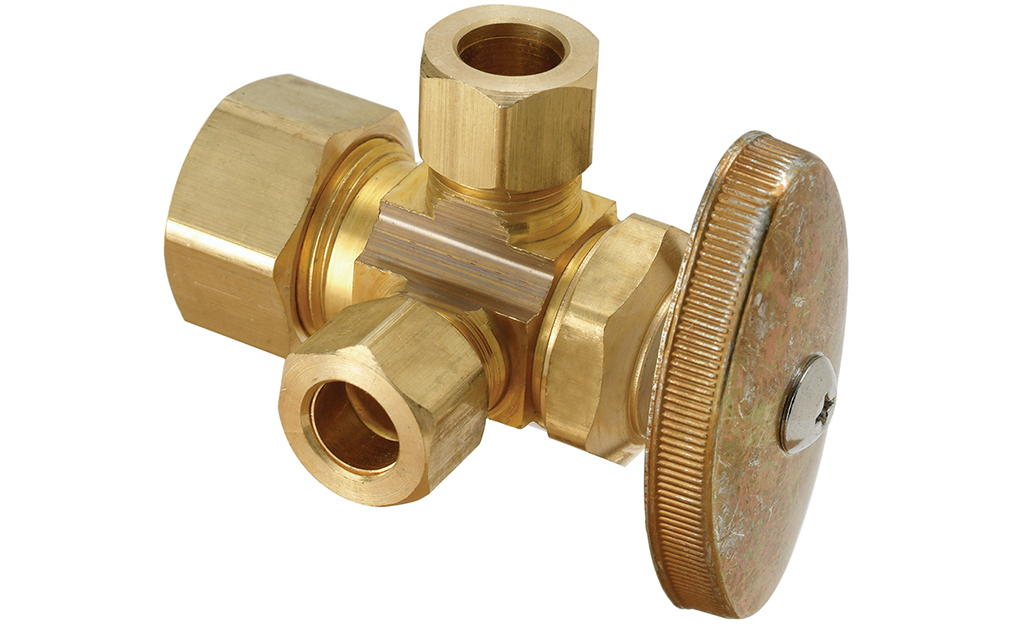
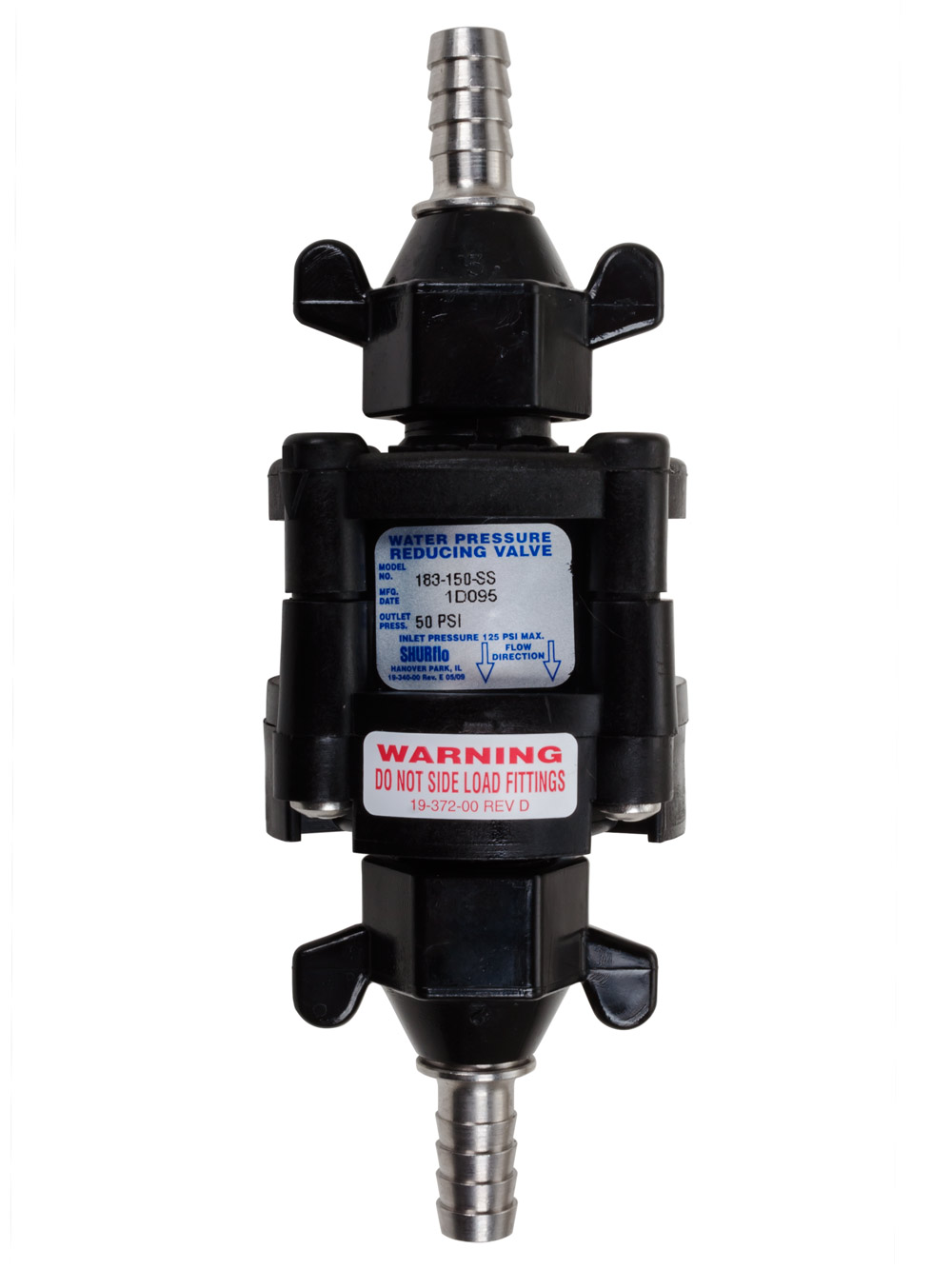
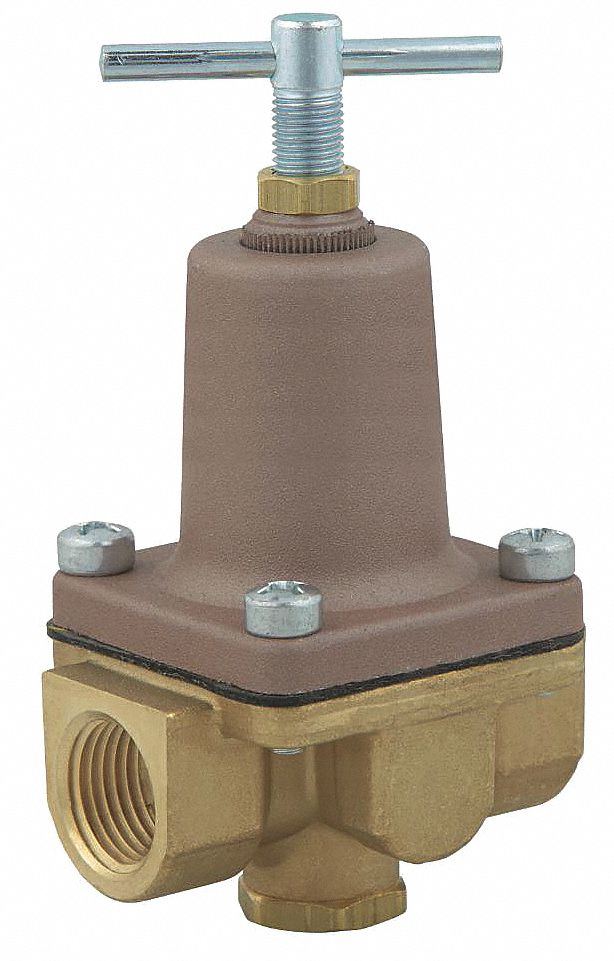

:max_bytes(150000):strip_icc()/the-men-s-hand-opens-the-ball-valve-on-the-collector-1006810456-5c5fc73fc9e77c000159c4af.jpg)

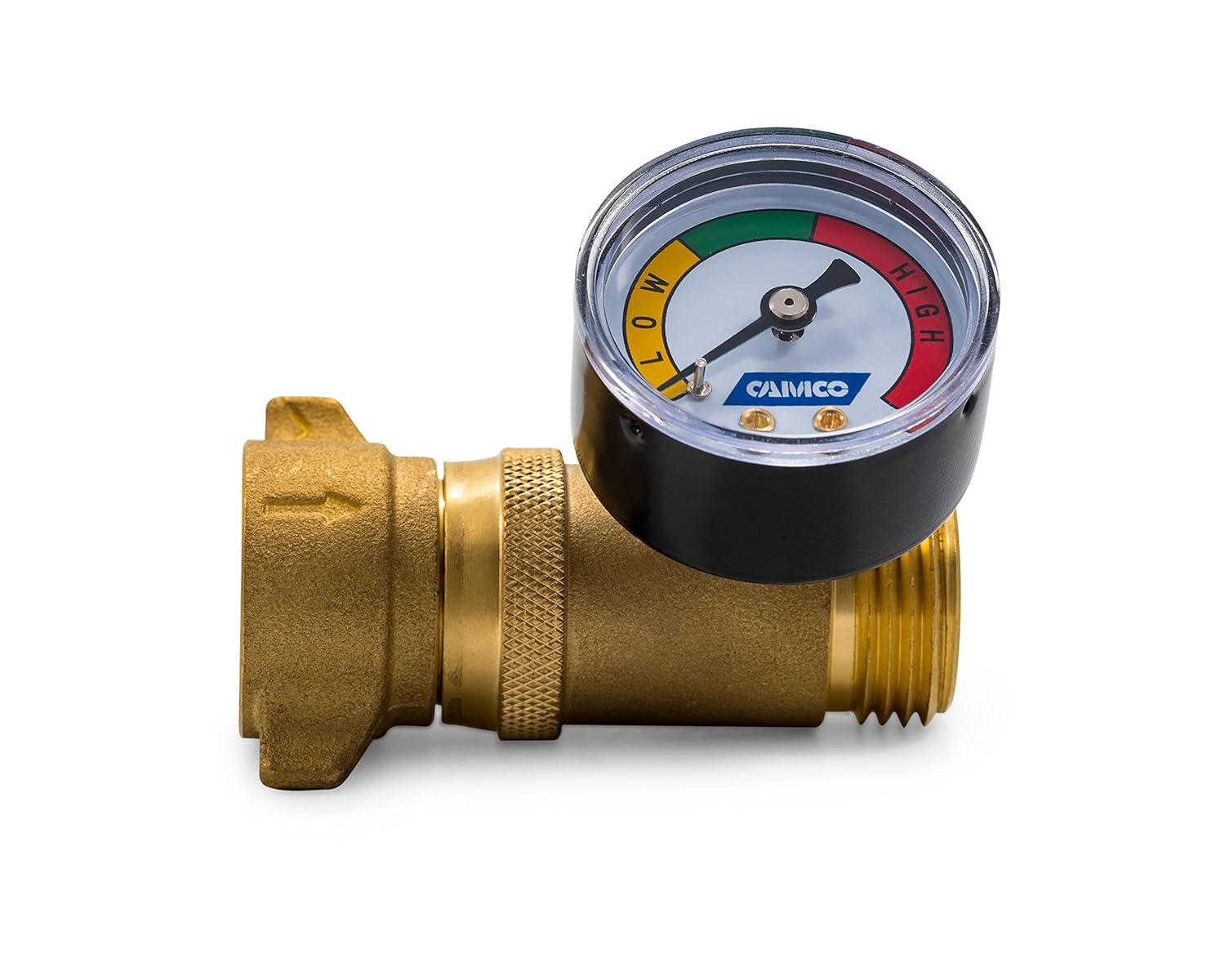


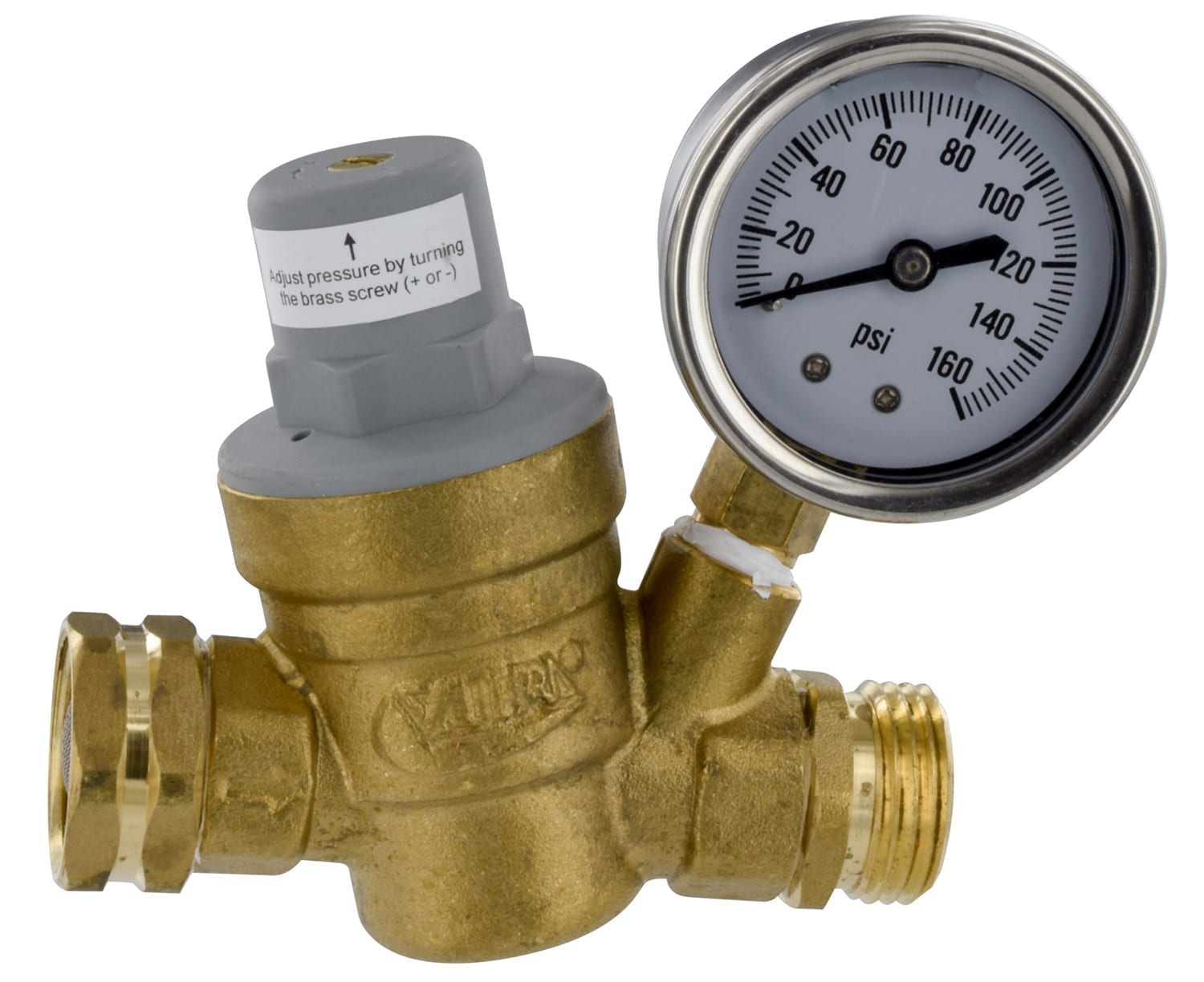

:max_bytes(150000):strip_icc()/testing-water-pressure-in-your-home-2718692-04-c37ab3236d0d4b61b87079ebf9ef823e.jpg)




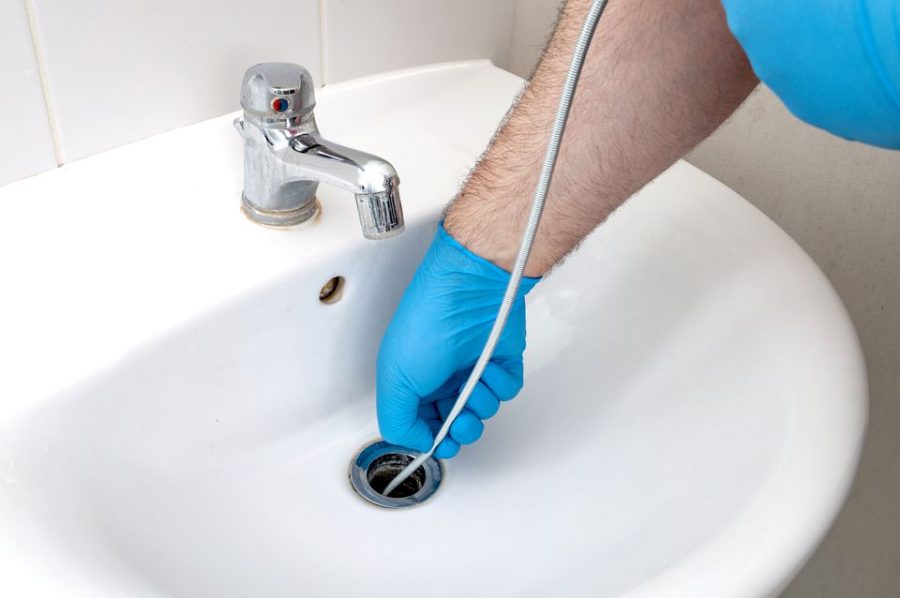
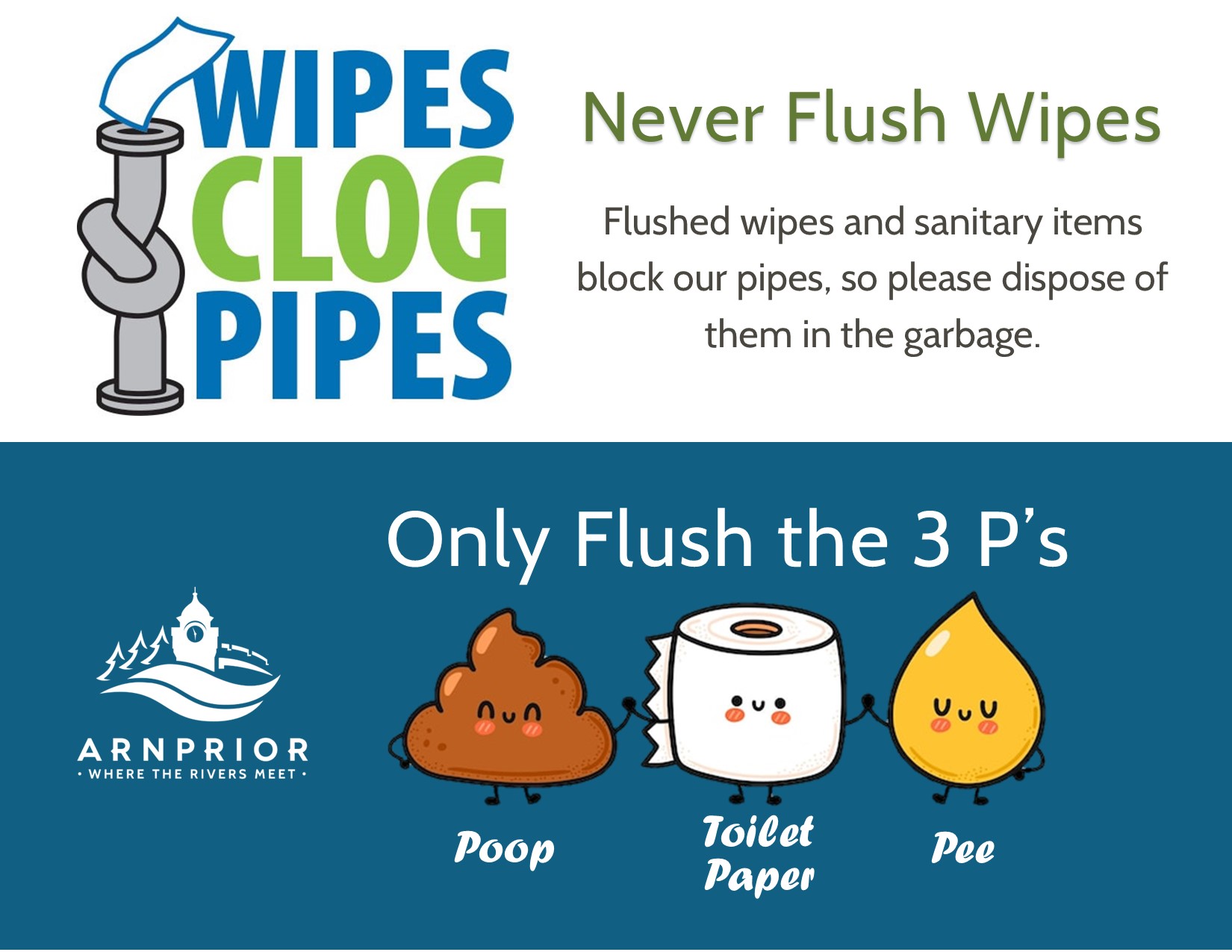









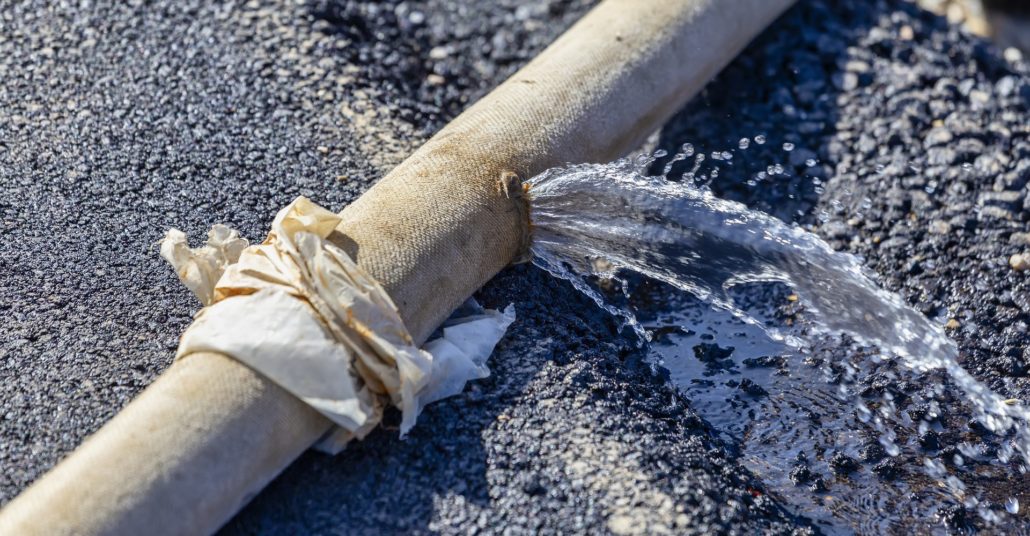

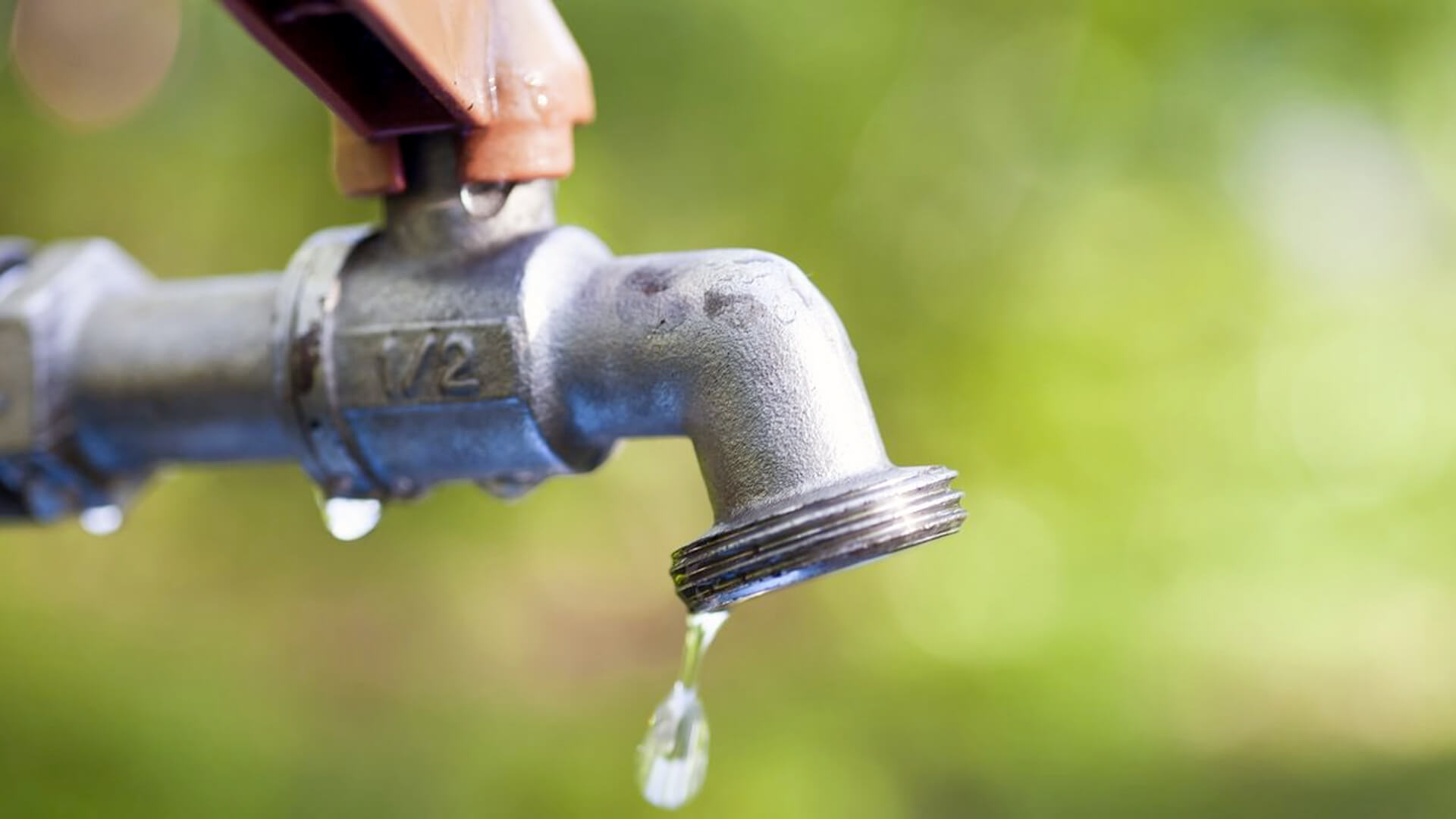

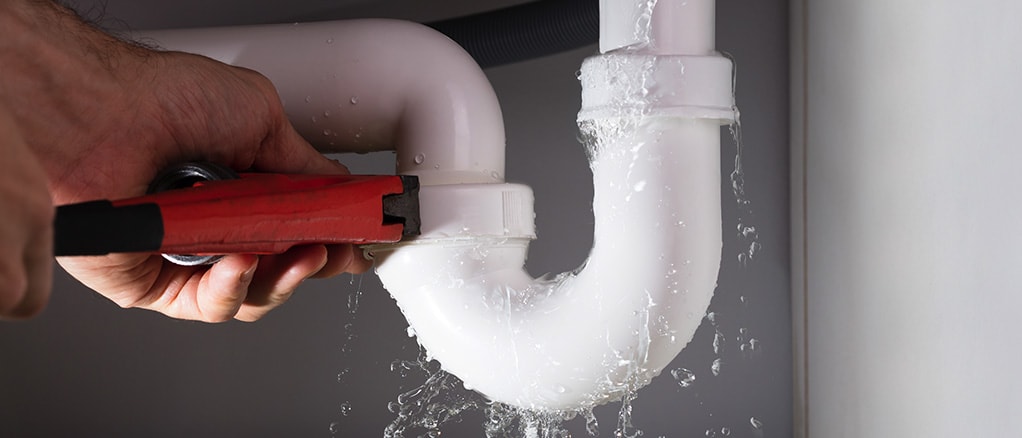

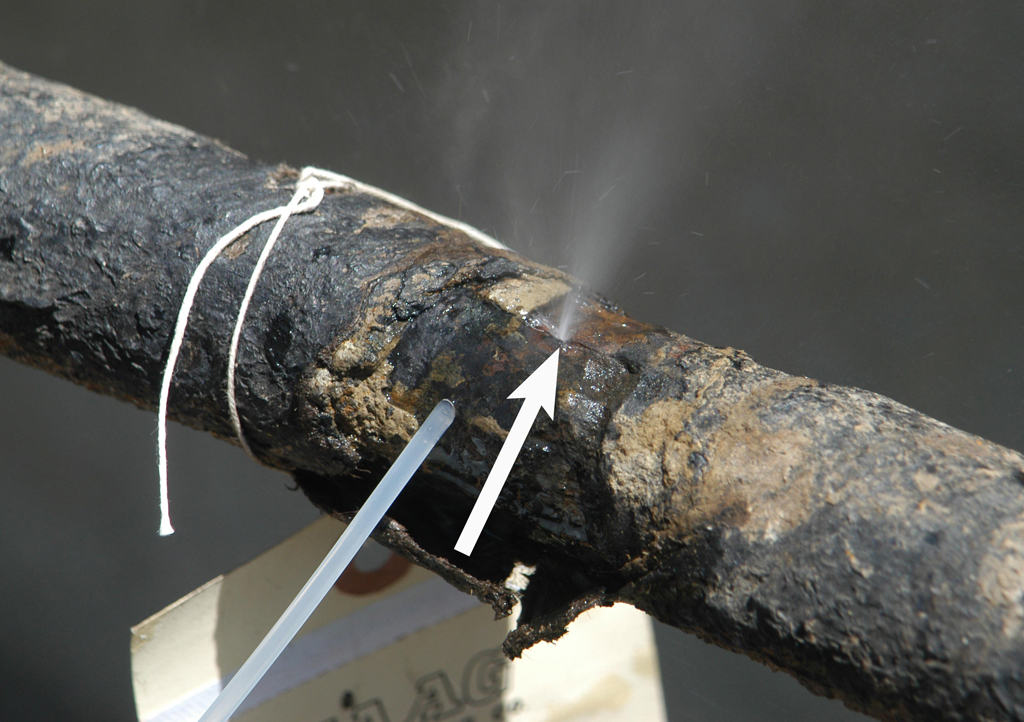
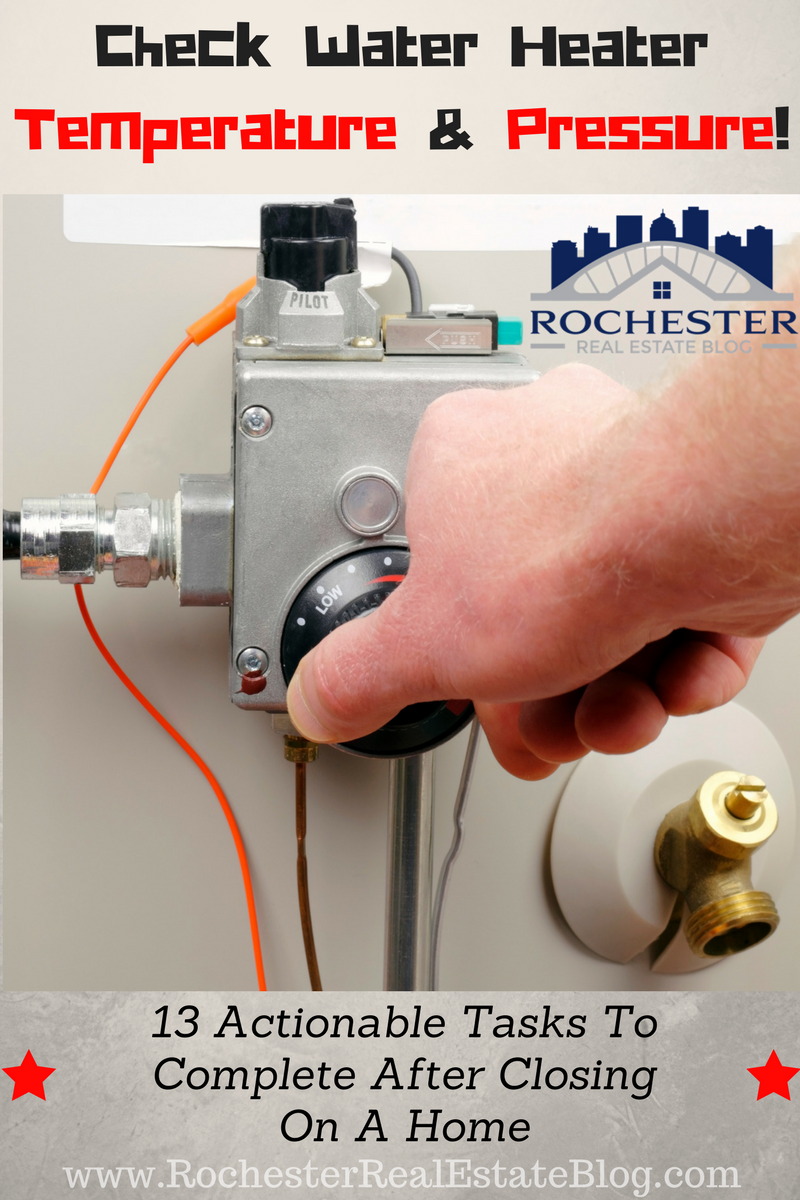




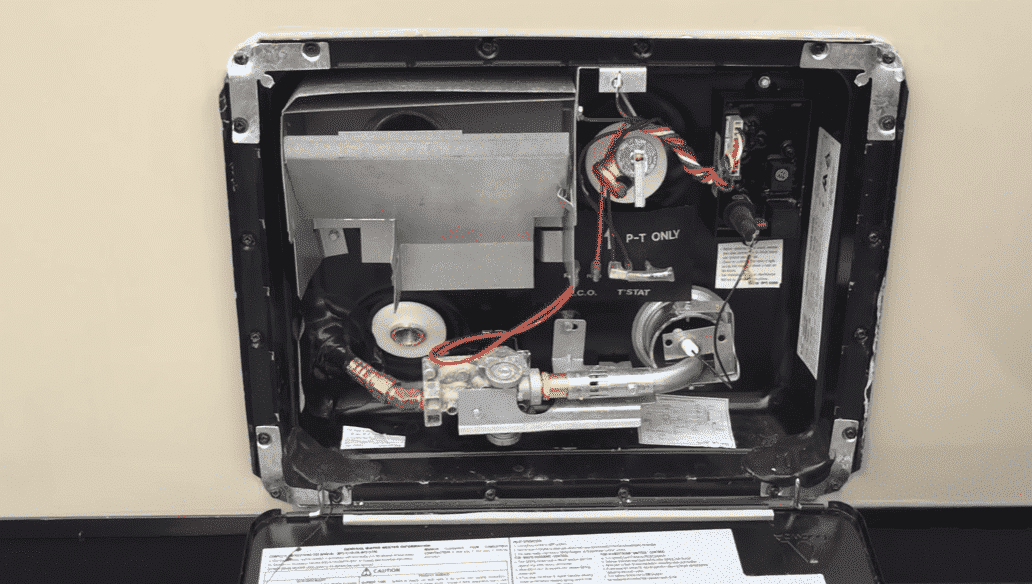
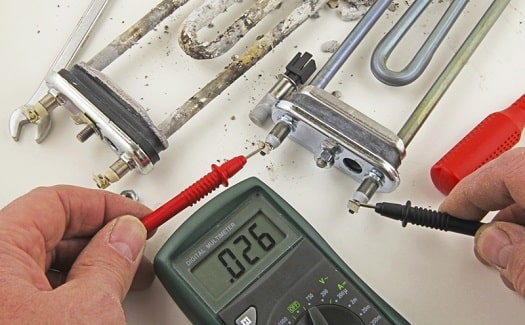

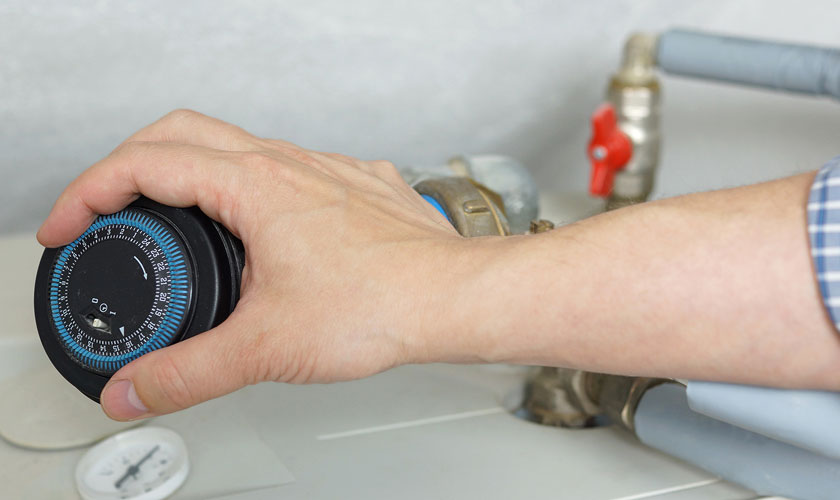
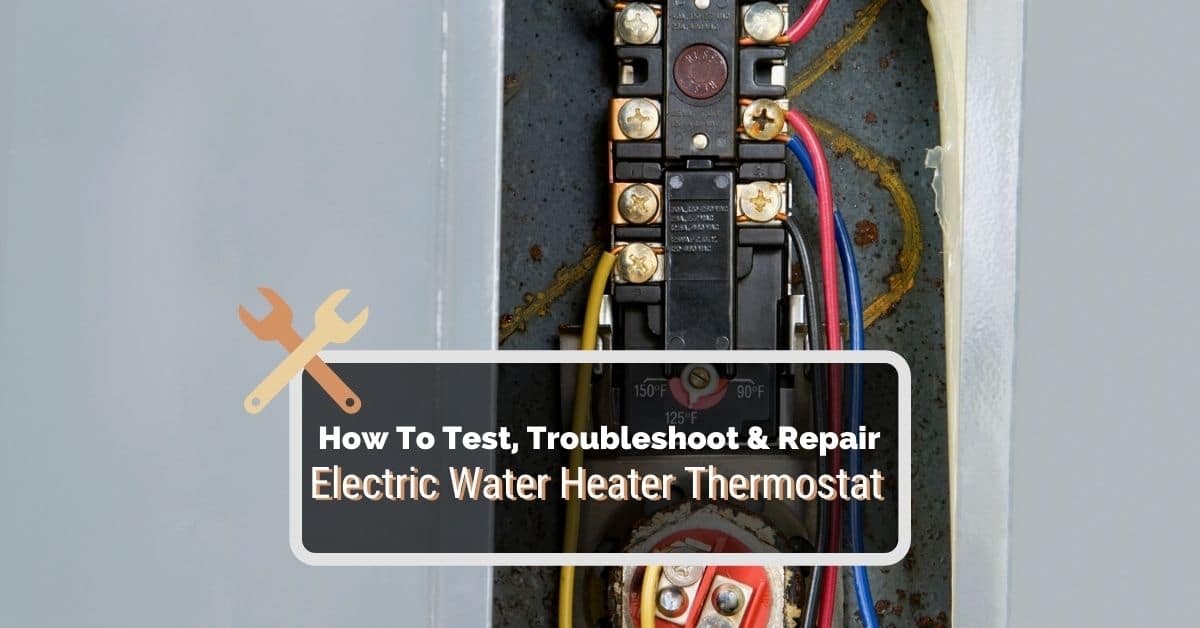



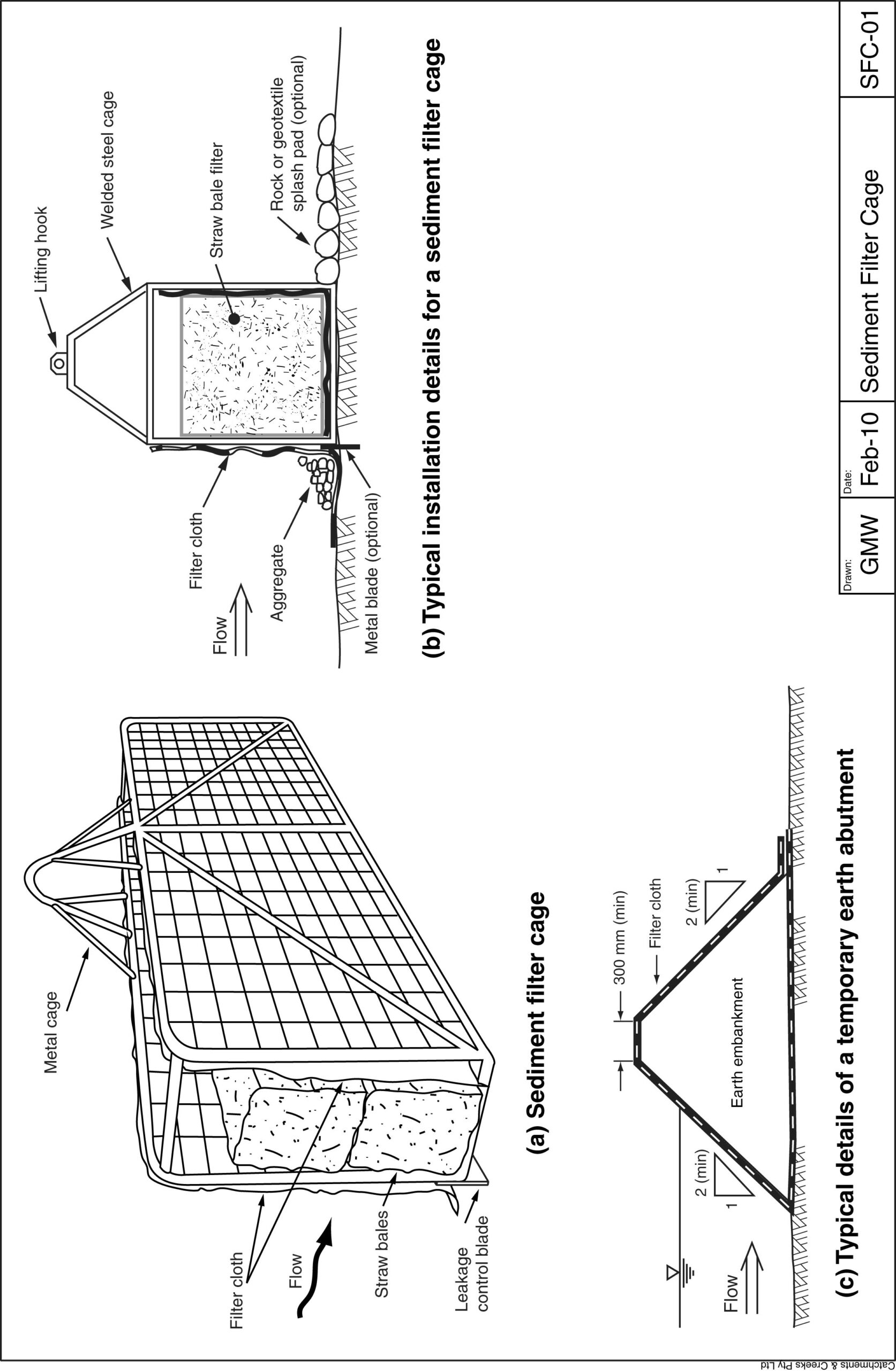




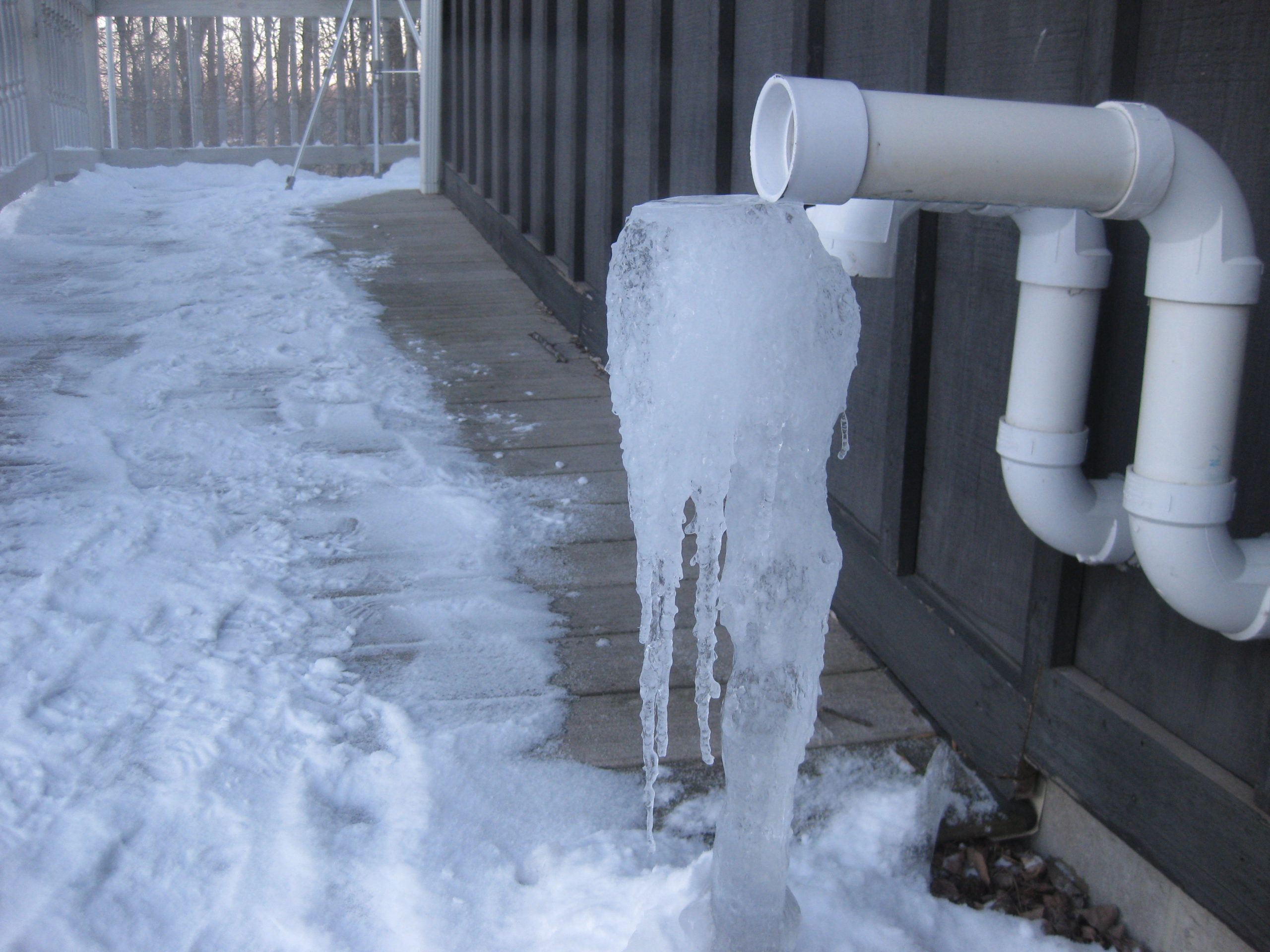
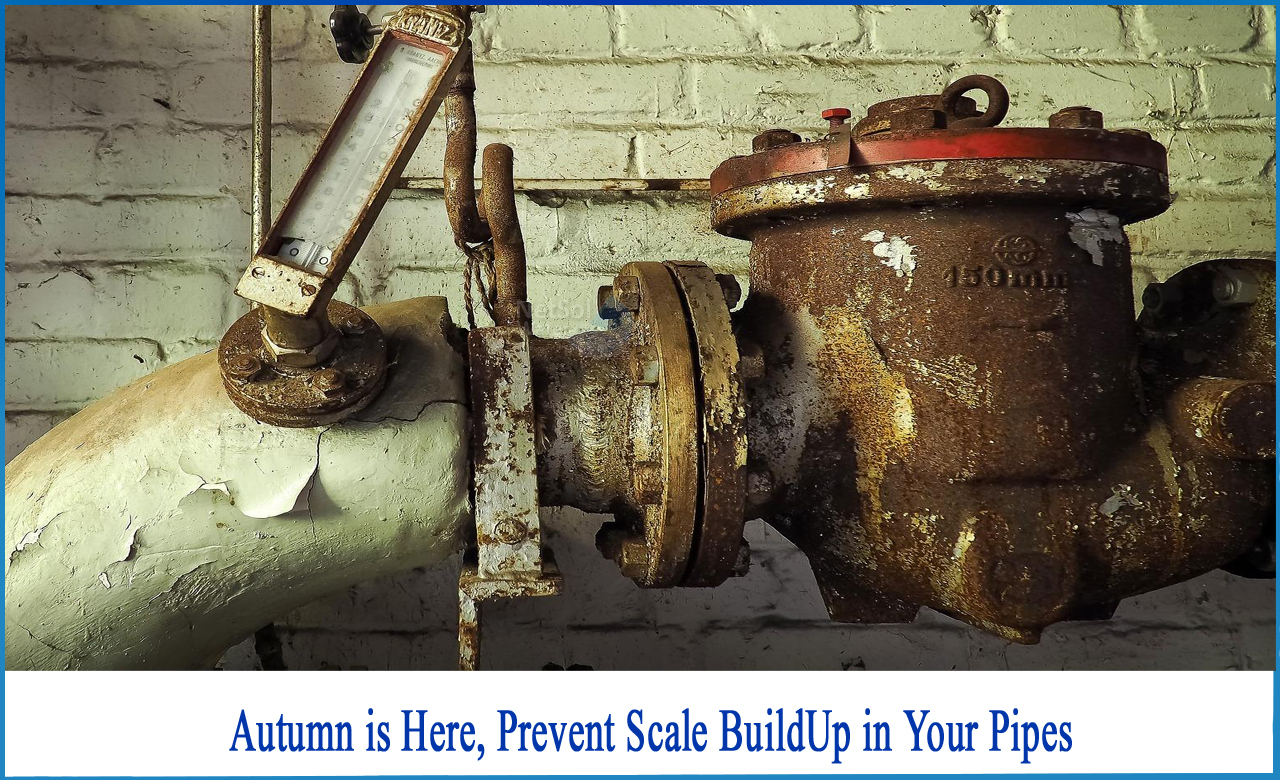


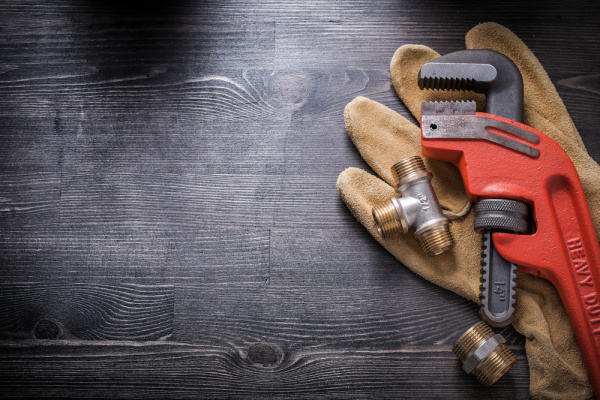



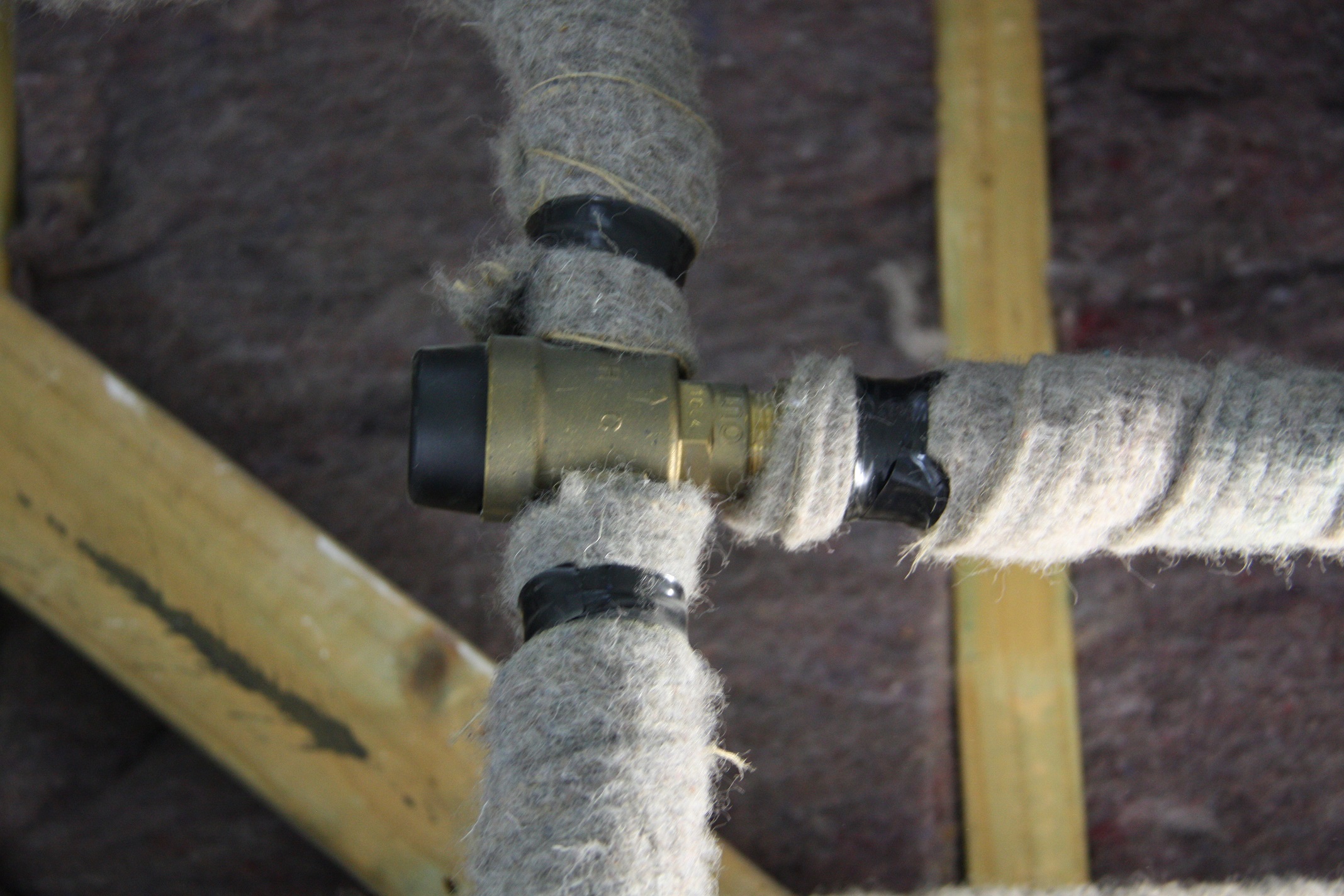
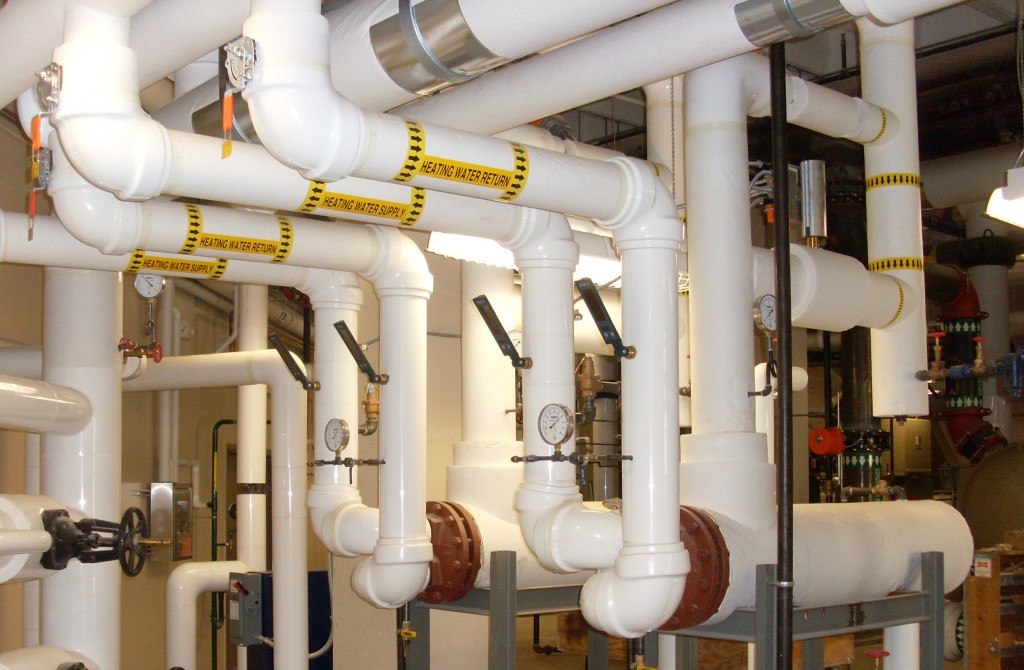

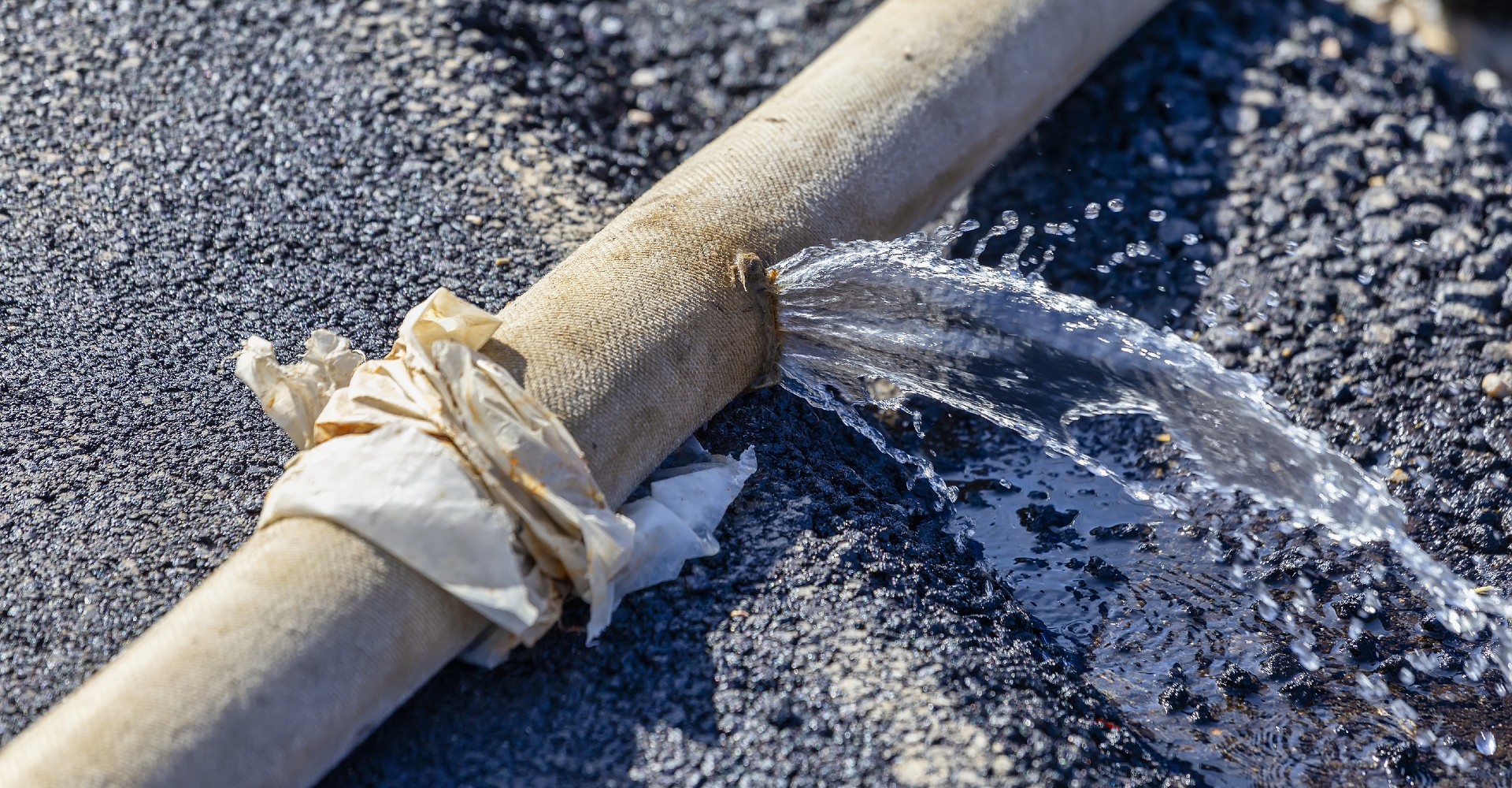






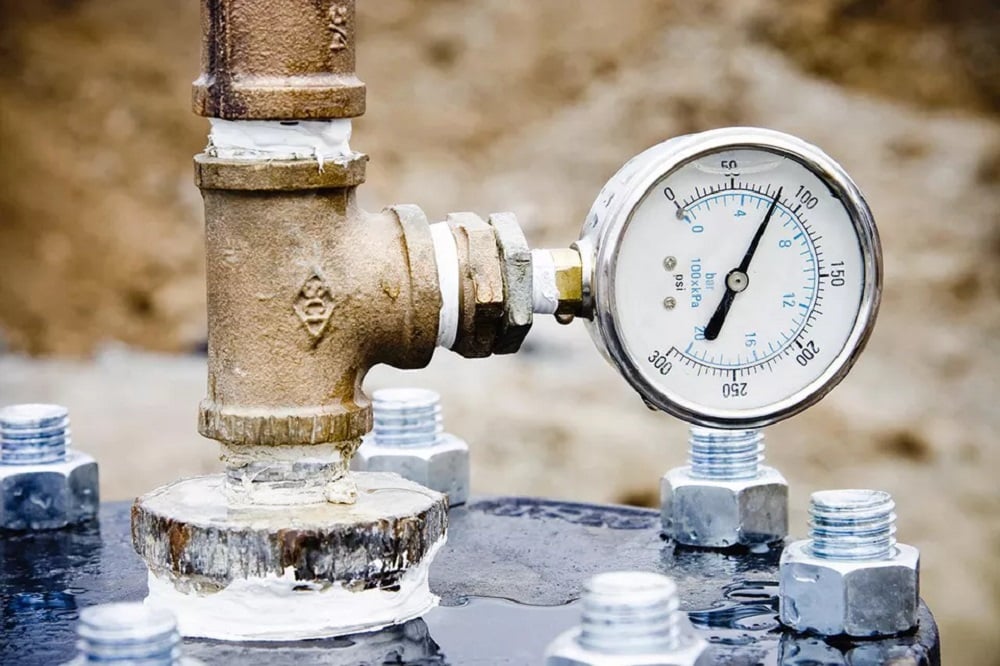
/testing-water-pressure-in-your-home-2718692-hero-98f45508ca5d44b6b551034ac5cedab5.jpg)
